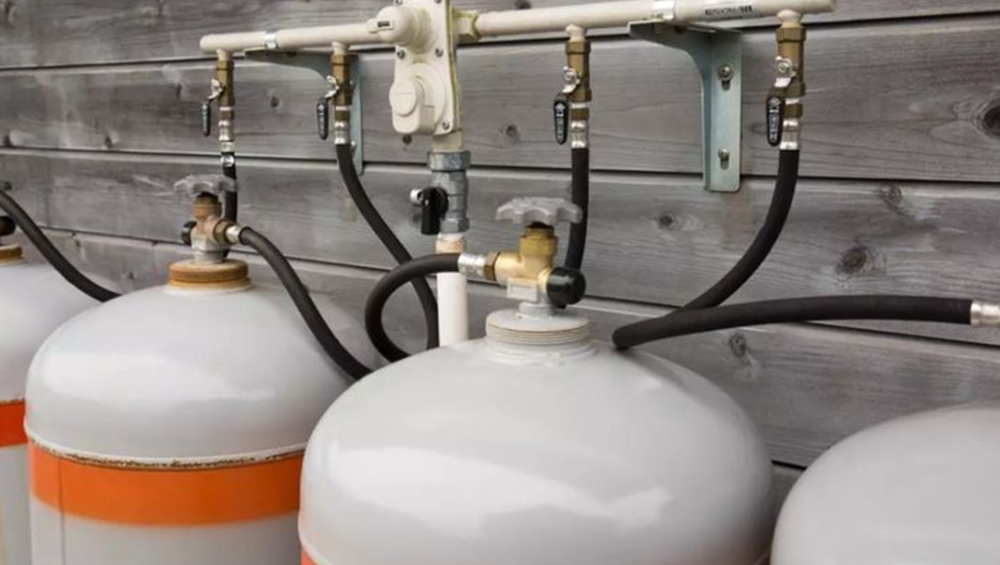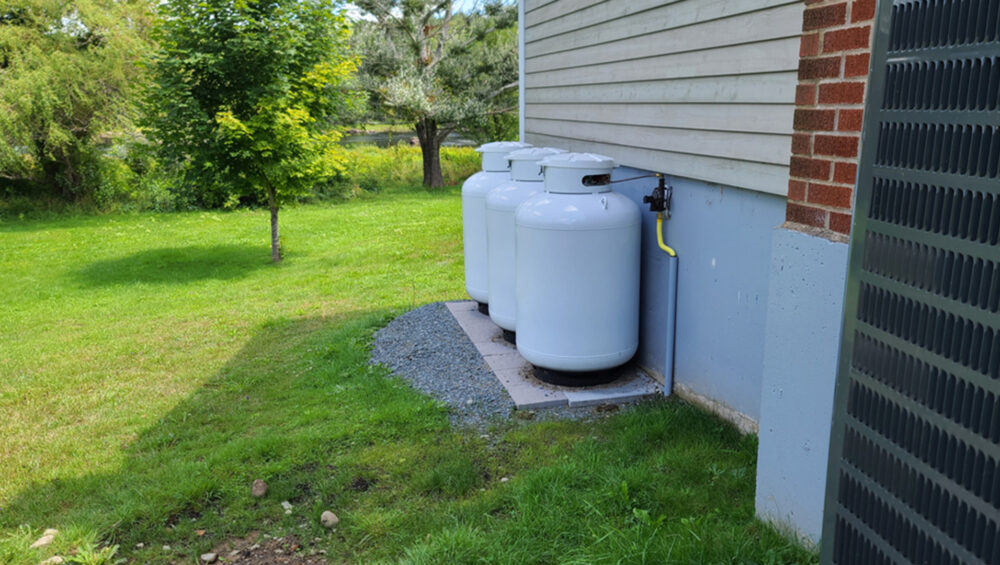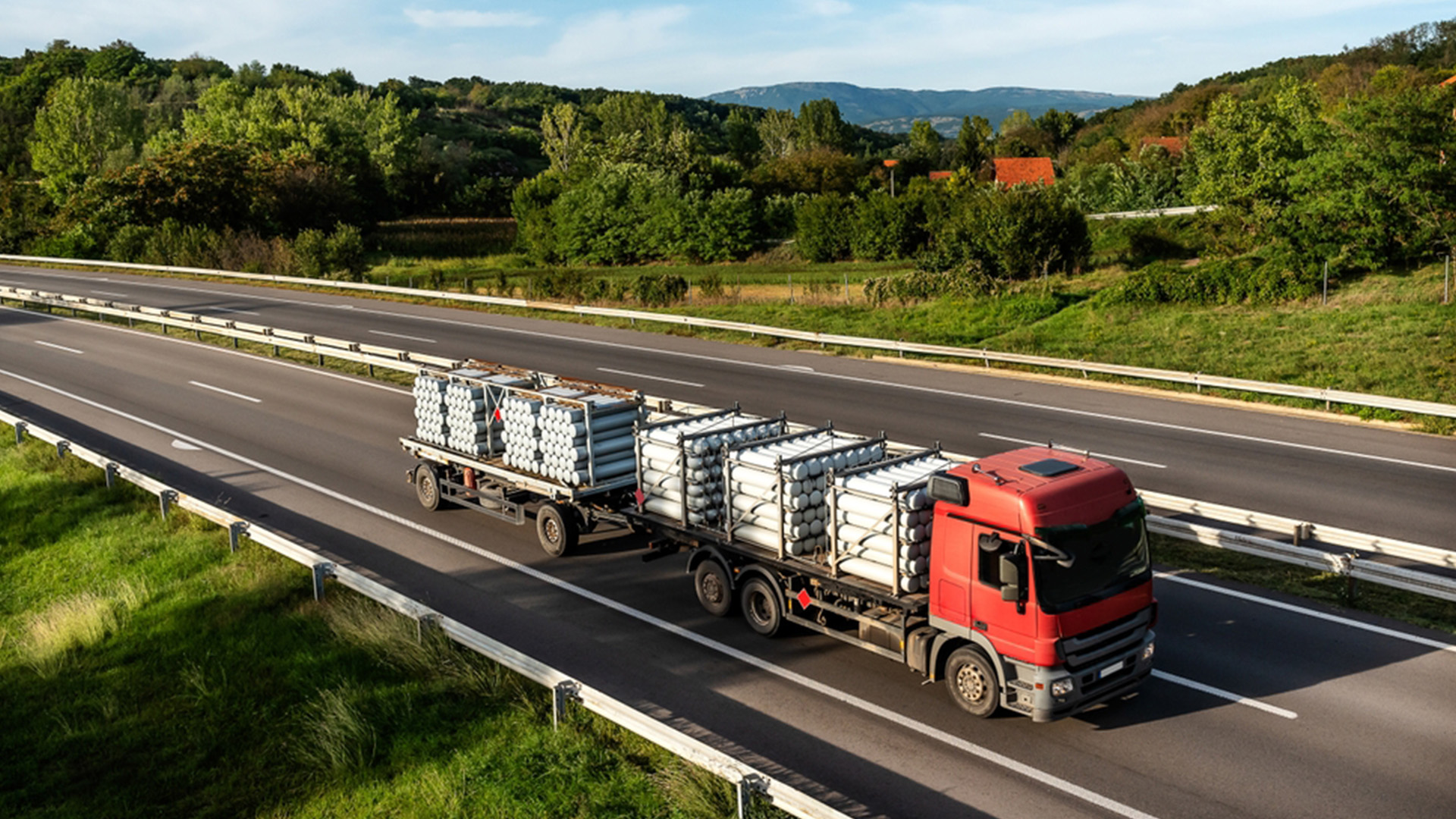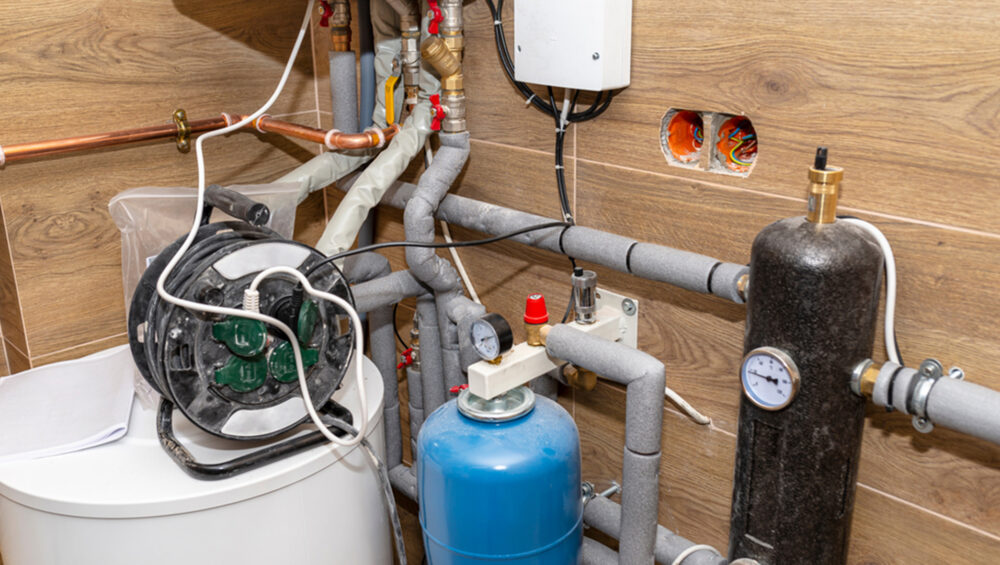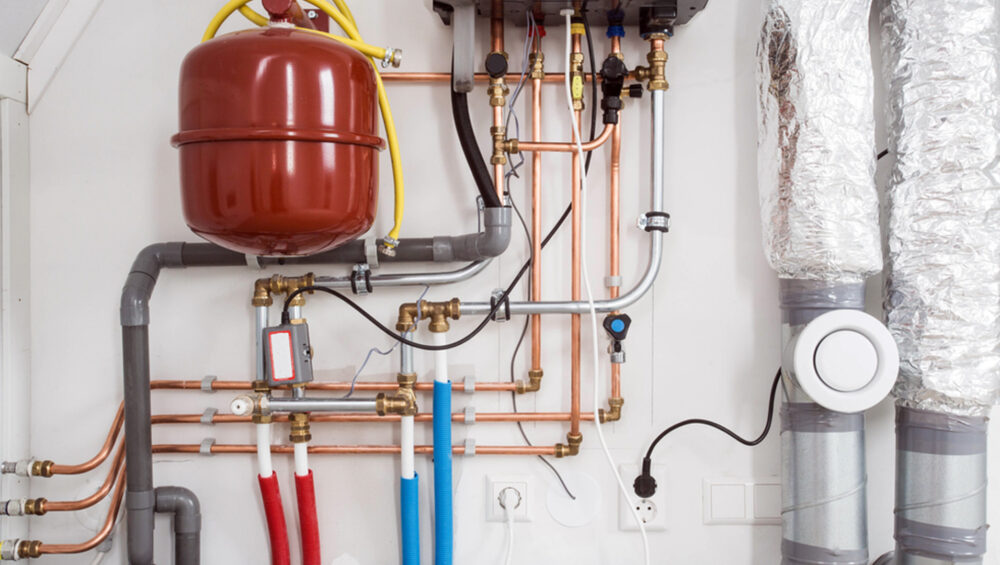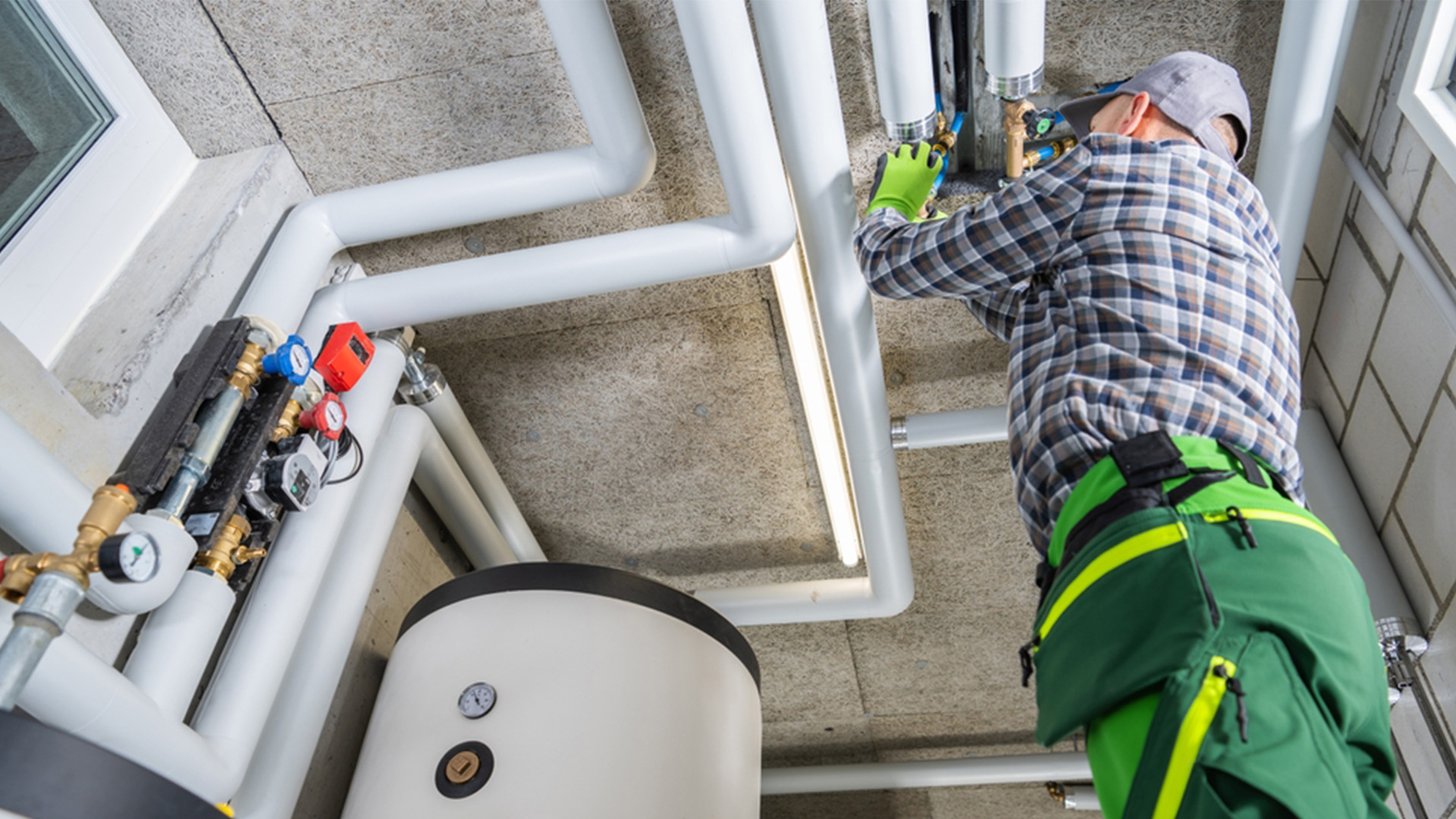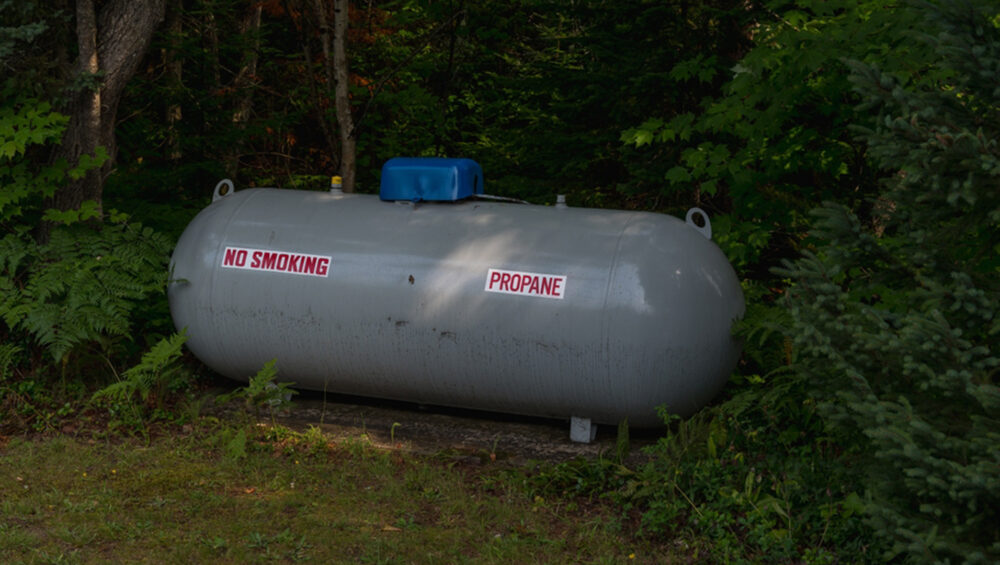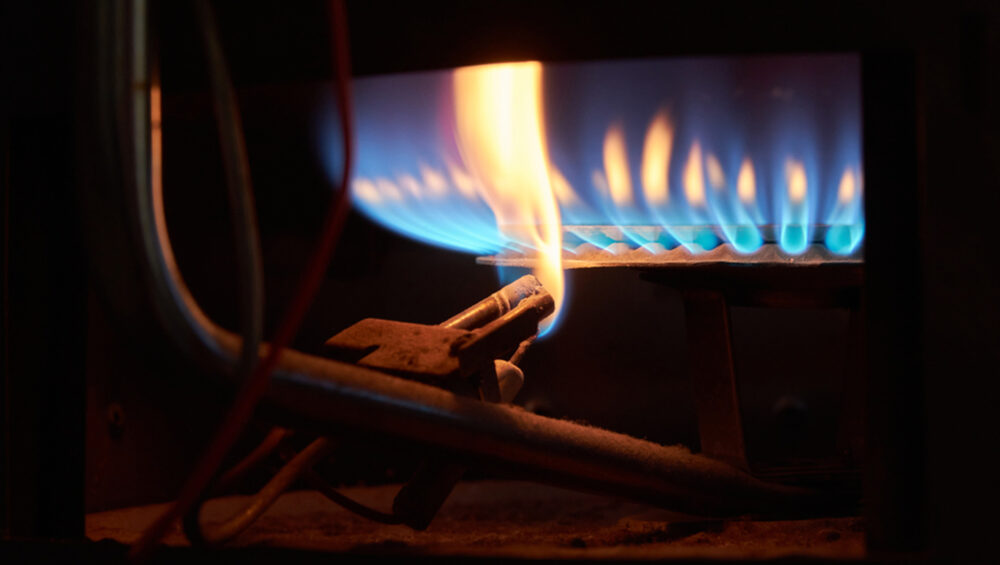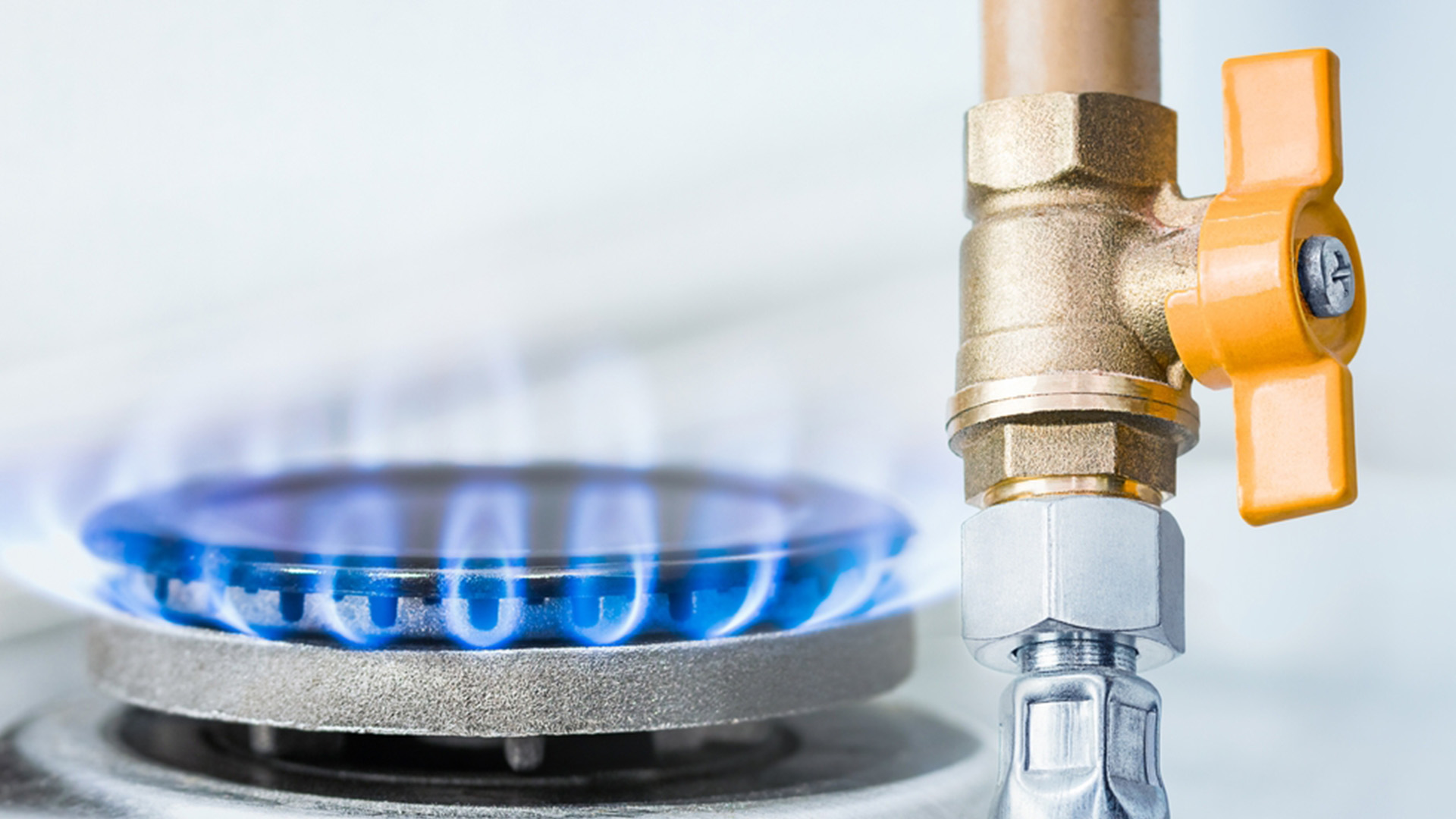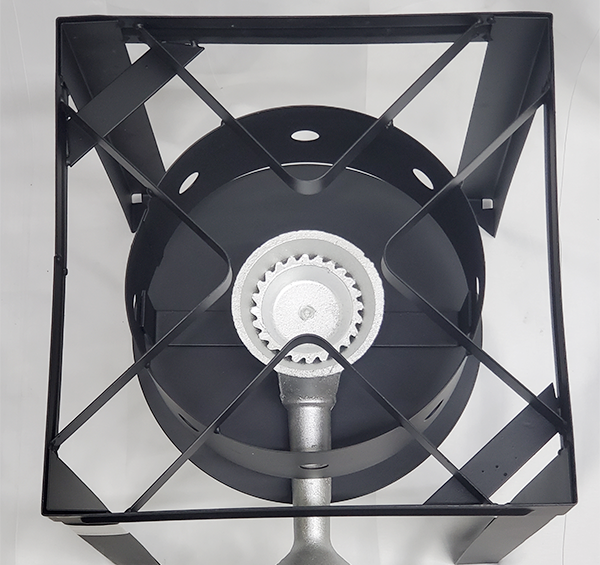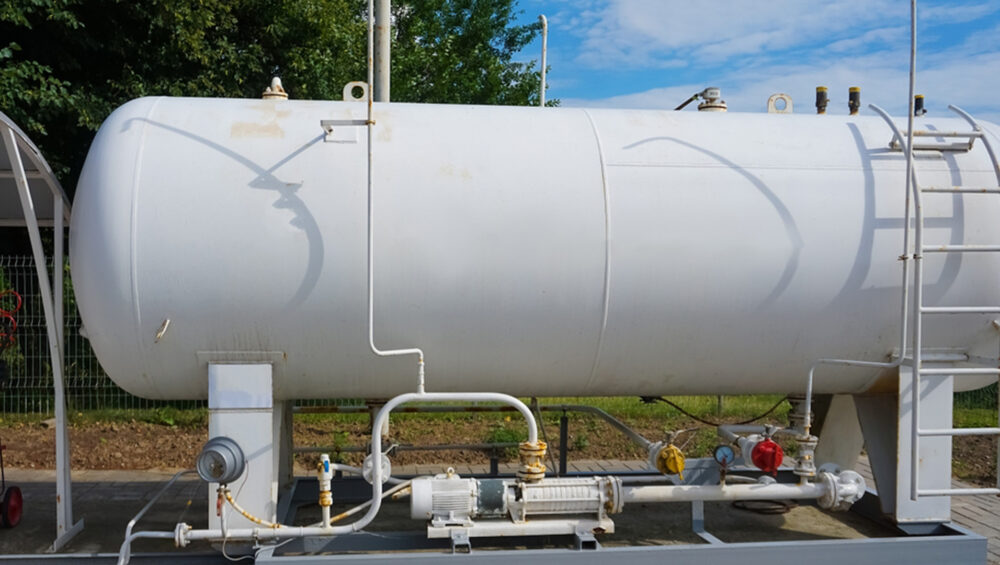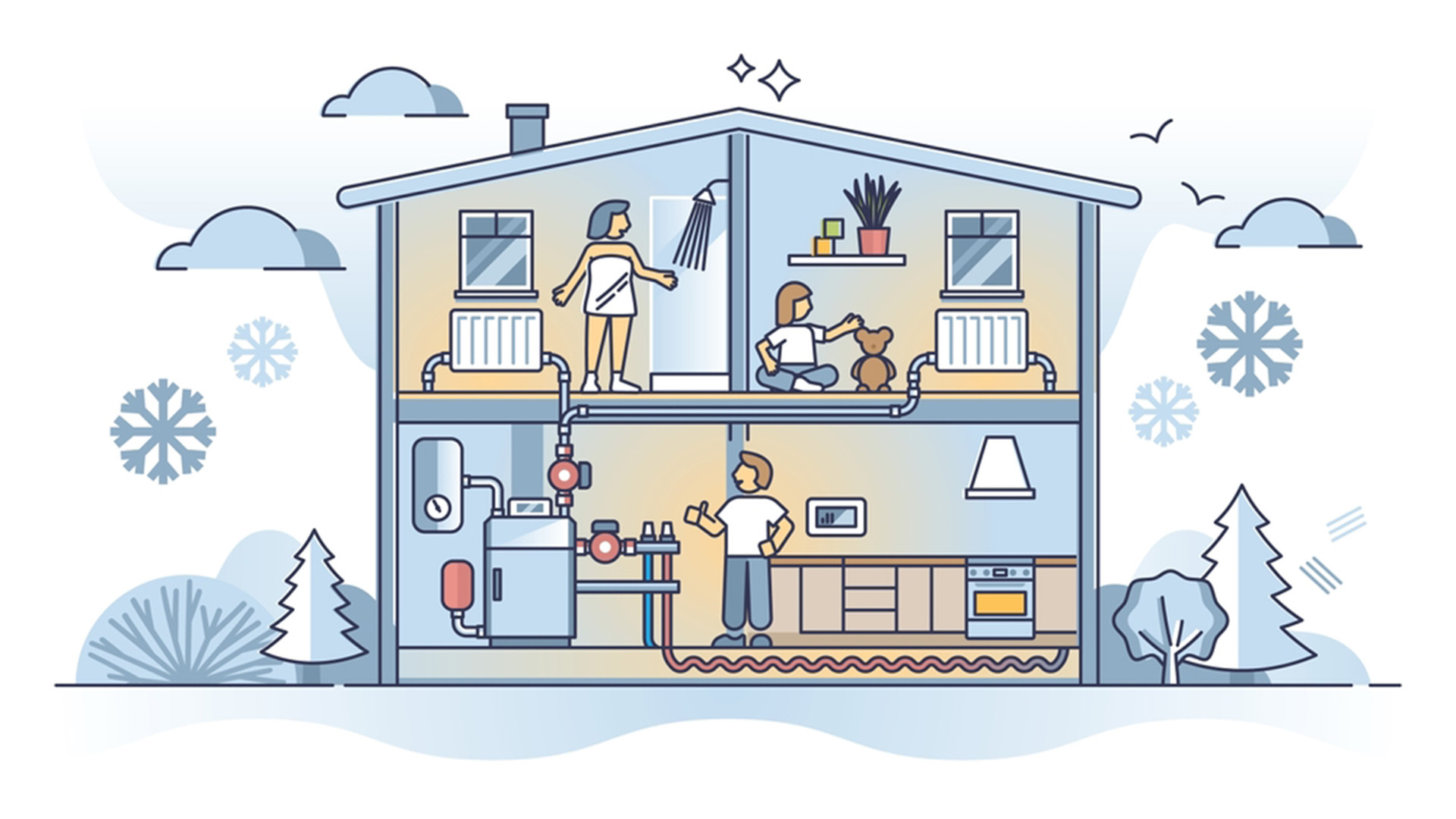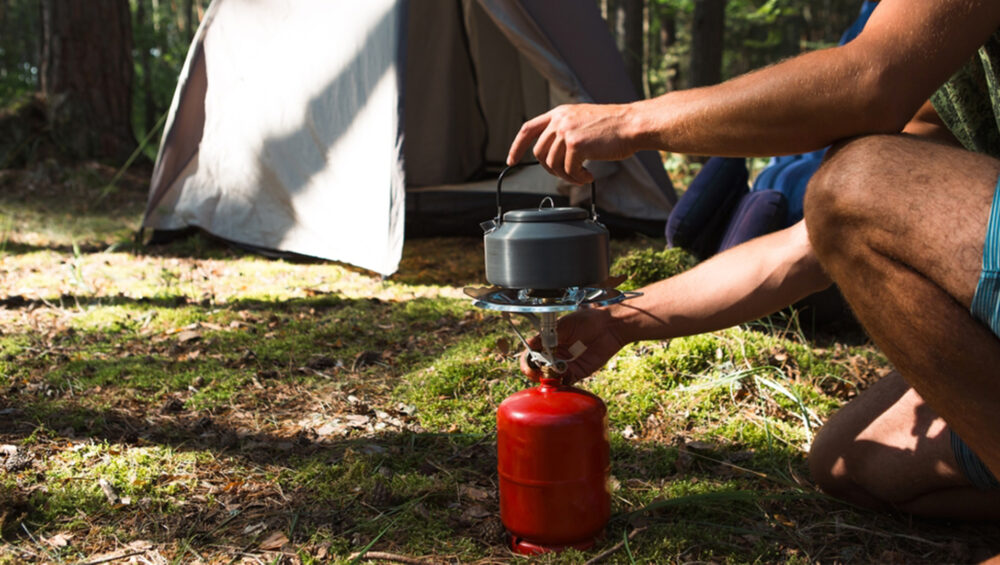Propane is widely used for residential, commercial, and industrial purposes. Its efficiency and reliability make it a popular choice. However, ensuring proper installation of your propane tank is needed to avoid accidents. Whether you’re using a small 100 lb propane tank or a large 500 gallon propane tank, getting the installation right is essential for safety, efficiency, and cost-effectiveness.

- Safety Is Your First Priority
Safety is the number one reason here. Propane is highly flammable like every other feul. If a tank isn’t installed correctly, it can lead to dangerous leaks. The leaks can cause fires and explosions. Propane leaks are hard to detect, as the gas itself is odorless (though an odorant is added for safety). Professional installation from propane companies makes sure that all safety standards are met and reduces the risk of leaks.
Incorrect placement of tanks can also create hazards. Propane tanks should be installed at a safe distance from the house or any structures to avoid the risk of fire spreading.
- Best Performance
The efficiency of your propane system largely depends on proper installation. An improperly installed tank can lead to pressure issues, poor fuel distribution, or malfunctioning appliances. Incorrect installation can also result in propane not burning as efficiently as it should, which can drive up your energy costs.
- Compliance with Local Regulations
Propane tank installation is governed by local codes and regulations. Improper installations can lead to fines and the removal of the tank if it doesn’t meet local guidelines. For example, the placement of your propane cylinder must comply with specific safety distances, as well as requirements for access by propane delivery services near me.
- Convenience and Accessibility
Installing your propane tank properly also ensures ease of access for refills and maintenance. A tank installed too close to walls or difficult-to-reach areas can cause issues when scheduling a propane refill or propane delivery near me. Proper installation takes accessibility into account so that your propane supplier can easily access the tank when needed.
Choosing a professional installation ensures that your tank is in the best possible location. It makes it easier for delivery services to access the tank.
- Long-Term Functioning
A properly installed propane tank will last longer than one that is poorly placed. Tanks that aren’t securely anchored can suffer damage more quickly. For example, a tank farm propane setup needs to ensure tanks are properly grounded and secured to avoid shifting during storms or heavy rain. A well-installed system will withstand environmental stress better, extending the life of your tank and lessening chances of costly repairs.
Additionally, professional installation helps ensure the proper materials are used. The right fittings, pipes, and connections are used to prevent corrosion and wear.
- Cost-Effectiveness
You may think that saving money by attempting a DIY propane tank installation is a smart move. However, improper installation can lead to costly repairs, frequent leaks, and potential safety hazards down the line. Moreover, propane companies near me typically offer maintenance packages that include inspections and repairs, ensuring your tank remains in good condition over time. This type of ongoing service can save you money in the long run by preventing major repairs or replacements.
Conclusion
Proper installation of a propane tank is essential for ensuring safety, efficiency, and convenience. Hiring a professional ensures that your system meets safety standards and operates efficiently. Beyond that, it guarantees compliance with local regulations, improves accessibility for propane gas delivery, and ultimately saves you money in the long term.

